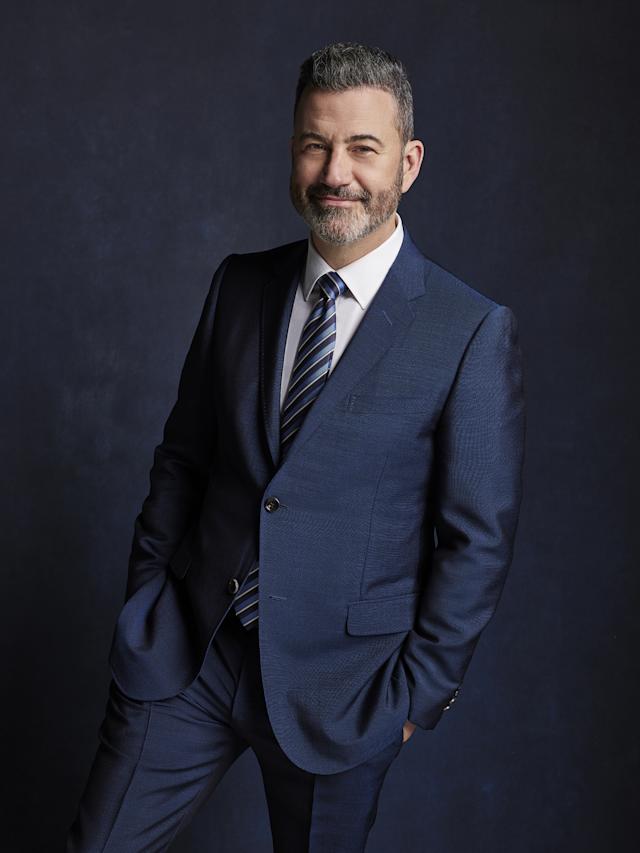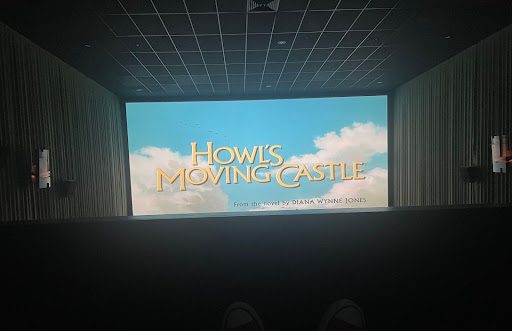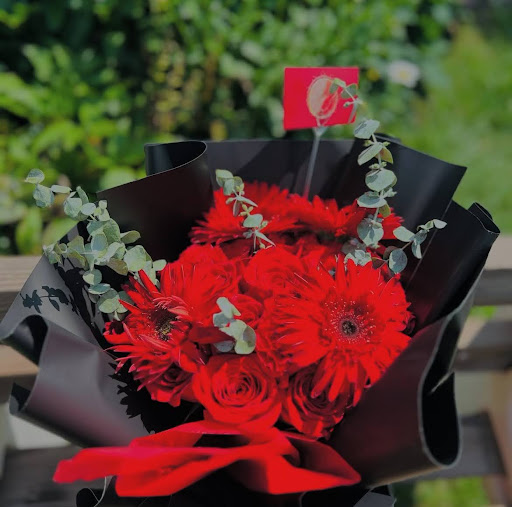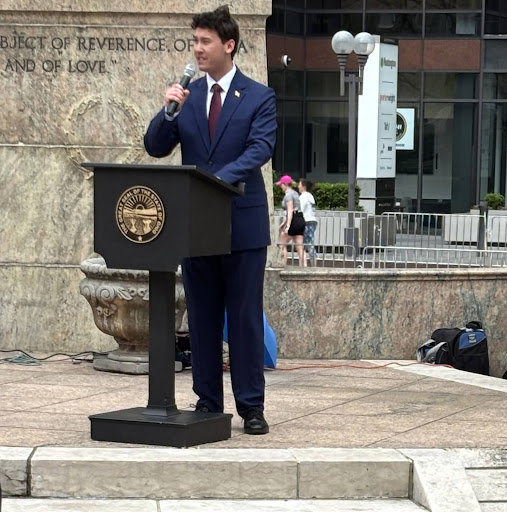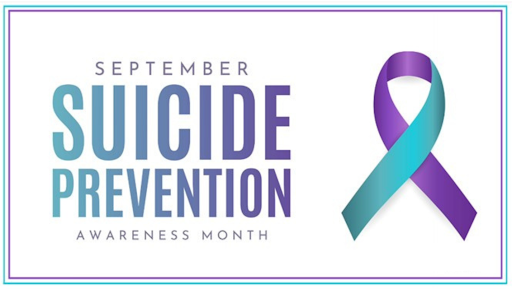
The month of September is dedicated to Suicide Awareness. As the leading cause of death among teenagers, it is critical that students take the time to understand the gravity of suicide awareness including knowing the signs, what to do in this situation, and some ways on how to assess your mental health.
Lakota West is fortunate enough to have our own Hope & Strength. The members of Hope & Strength consist of all grade levels that have training experience on what to do when students have mentioned suicide or are having suicidal thoughts. Their ultimate goal is to reduce the stigma of talking and addressing suicide. Although this is amazing, it’s important for everyone to know how to handle these situations, and Hope & Strength Advisor, Miss Van Benschoten (Miss V), is here to help.
Risk Factors & Signs
The first part of awareness is recognizing the difference between risk factors and signs. Risk factors are things that have affected a student’s life like coming from a family that has had a suicide(s), experienced bullying over a long period, or parents that have had drug/alcohol abuse. Miss V’s way of defining it is,
“Risk factors are what is going around them that might make them more likely to develop warning signs, whereas warning signs are verbal, behavioral, or situational signs signifying a worrying change in a student.”
The acronym DANGEROUS is one of the best ways to remember and recognize the signs: Displays of extreme moods. Acquiring lethal means. Not having an interest in things you once loved. Giving away prized possessions. Exposure to suicide. Reckless Behavior. Out Loud Expressions. Unexpected Changes. Saying Goodbye.
What to Do
If you are noticing these signs in a friend the first thing you should do is talk to them! Have a heart-to-heart and let them know you are here for them. A lot of times when our friends are struggling, it’s natural to want to tell them what to do, but we are not doctors and are not there to “prescribe” them. Listening is always best.
The next step is to go to a trusted adult. It doesn’t have to be Miss V, it could be any teacher, coach, or parent. Let them know what’s going on, so they can fully assess the situation. Everyone needs to be aware that telling someone else does not mean their words will stay with only that person.
“The trusted adult can’t promise confidentiality because if it’s someone that is really having a hard time we are going to want to try and connect them with someone to get the resources they need…but they won’t spread it around like gossip.”
How to Help Yourself
While helping others is important, you can’t do that if yourself is not whole. Self-balance is essential for everyone, but especially for growing teenagers. It can be very confusing to figure out what students need to keep themselves afloat. Miss V says that Hope & Strength has a wheel that can be very useful. These 8 sections can serve as a guide to find that balance and be whole.
Suicide Awareness is important as it brings up topics that are normally ignored. Talking about suicide and mental health makes people who are having trouble more comfortable speaking up and acknowledging it. The simple fact of making sure people know they are not alone carries volumes.


